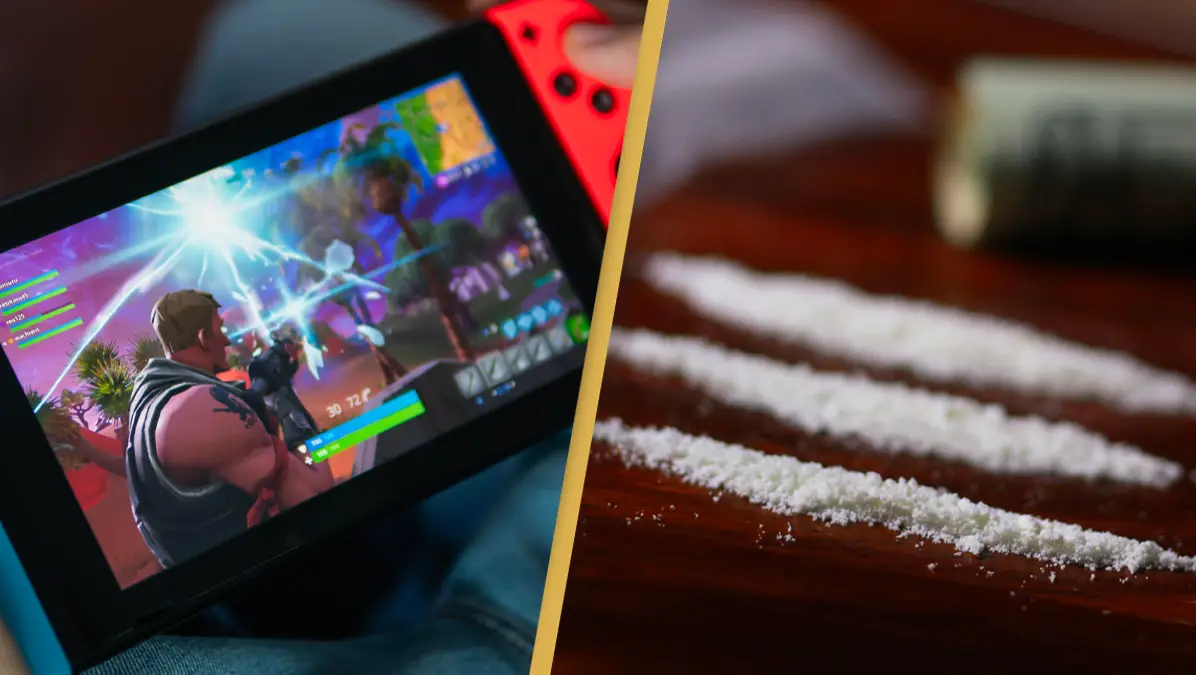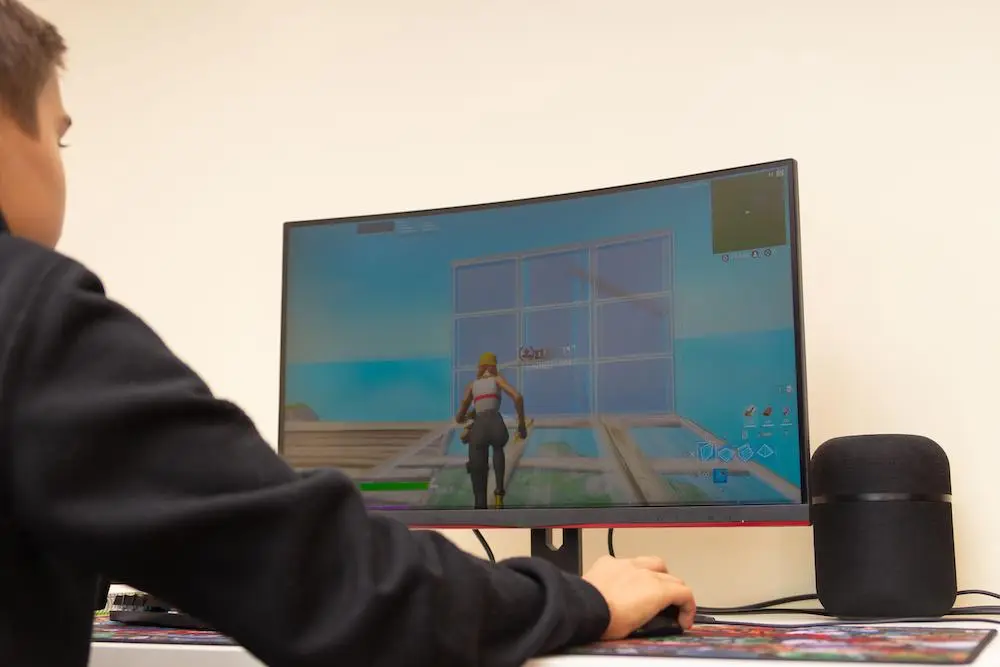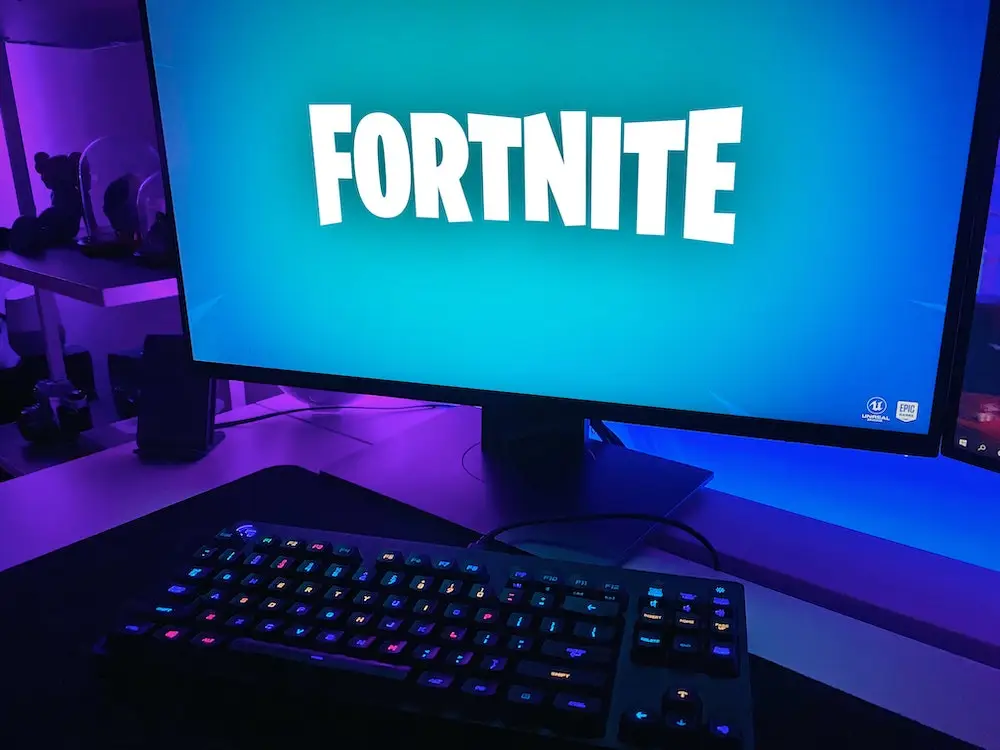
A class action lawsuit comparing Fortnite to cocaine and heroin has received approval to go ahead by a judge.
The lawsuit first came about in 2019, as three parents from Quebec, Canada, came together with the intention of suing Epic Games.
They allege that the games manufacturer purposely made its Battle Royale version of the popular online game to be 'highly addictive', comparing it to the effects of 'heroin' and 'cocaine'.

Advert
According to CTV News, the parents are seeking unspecified damages against Epic Games Inc. and its Canadian subsidiary.
Although the application was filed back in 2019, Quebec Superior Court Justice Sylvain Lussier authorized the lawsuit on Wednesday (7 December), meaning it's been given the green light to go ahead.
Even if you've never played Fortnite, you may have seen stories or even heard from friends about the impact it's had on their kids.
One mom named Lysa Martin, from London, even appeared on ITV’s This Morning alongside her 16-year-old son Romario in a bid to seek help for his ‘addiction’ to the free-to-play game.
The 45-year-old explained that both Romario and his 10-year-old brother Reyon are constantly on Fortnite, sometimes for up to 10 hours a day.
This is one of many examples that have come to the fore since the game's release in 2017.
The parents behind the legal action, who are being represented by CaLex Légal, described the 'physical and psychological' damage they claim Fortnite has caused their children, who were all under the age of 13 when the lawsuit was filed.
Describing one of the boys, the document states: "When he plays Fortnite in a network with his friends, his language is very aggressive and vulgar whereas in everyday life he is a well-behaved and calm child
with a good vocabulary.
"When he loses he gets mad and starts playing tirelessly until his parents ask him to stop, which is a great source of conflict."
Another is said to have gone from playing 'a few hours a week to several hours a day' in a short space of time, adding that he'll stay up until 1:00am on weeknights and 3:00am on weekends just so he can get his screen time in.
CaLex Légal cited the World Health Organisation's 2018 ruling, which officially added video game addiction (formally known as 'gaming disorder') to its list of recognised illnesses.
According to WHO’s ICD-11, gaming disorder is described as 'a pattern of persistent or recurrent gaming behavior (‘digital gaming’ or ‘video-gaming’), which may be online (i.e., over the internet) or offline'.
It goes on to specify that the disorder may manifest itself through 'impaired control over gaming', increasingly putting video games ahead of other 'life interests and activities', and continuing to put in long play sessions despite obvious negative consequences in matters of 'personal, family, social, educational, occupational or other important areas of functioning'.

The lawsuit also points to an article by addiction psychologist Dr. Anita Ghadia-Smith, who argued that Fortnite addiction is 'similar to cocaine addiction'.
"Dopamine drip is a powerful force, and our brains are wired to seek this pleasure hormone," she wrote.
"When we are continually flooded with dopamine, normal amounts no longer satisfy us. So then we need
more and more dopamine to even feel normal.
"This is part of the reason that it is so hard to pry people away from their electronics. They are literally addicted to them."